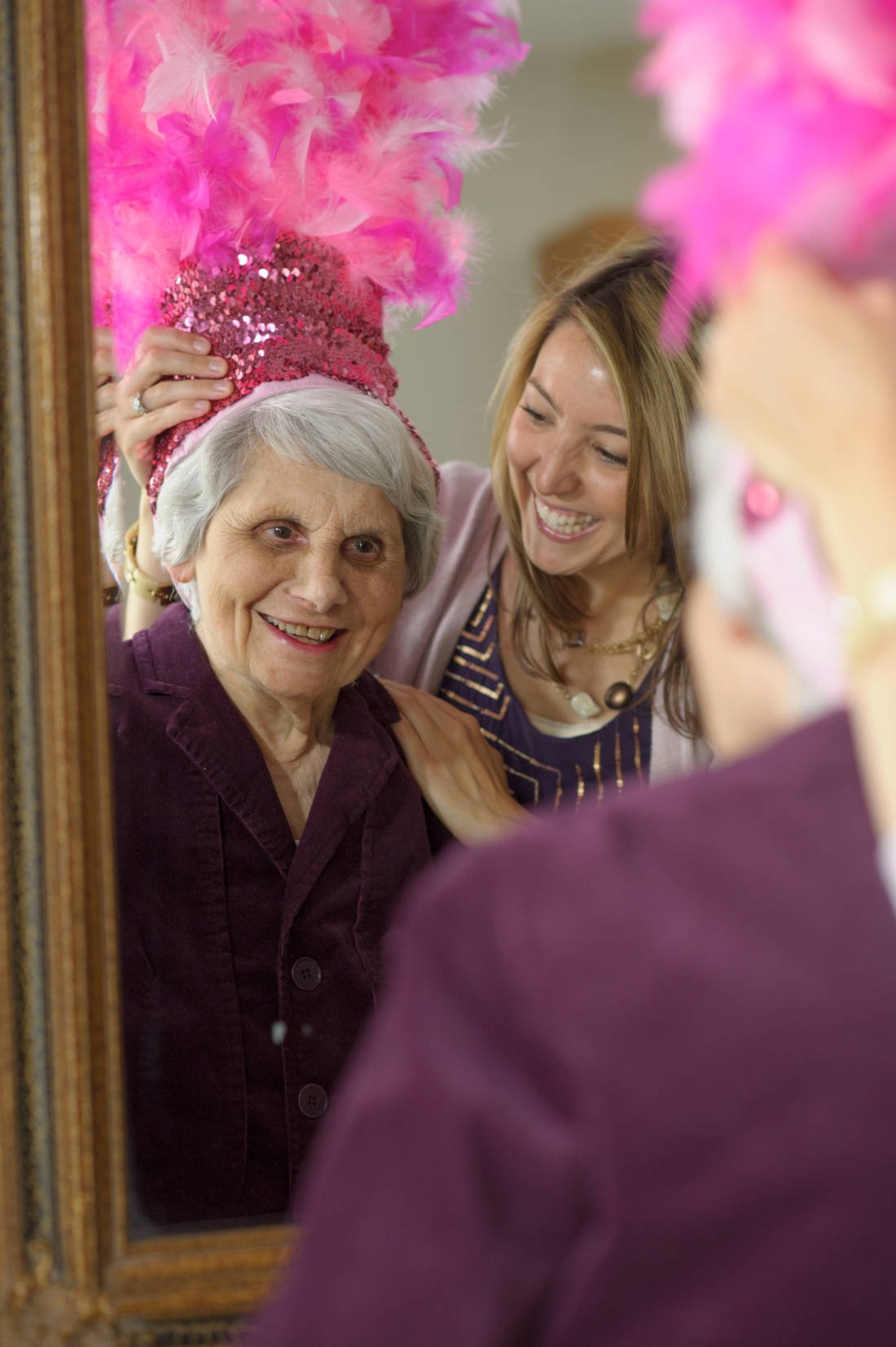 Change is challenging for everyone, but it can be especially difficult for your aging loved one. The thought of making a move to an assisted living community can leave your mom or dad feeling vulnerable, like they are leaving their home and all that is familiar behind.
Change is challenging for everyone, but it can be especially difficult for your aging loved one. The thought of making a move to an assisted living community can leave your mom or dad feeling vulnerable, like they are leaving their home and all that is familiar behind.
These are all normal emotions which can be addressed with proper preparation. Taking the time to thoughtfully prepare for the transition can help your loved one adjust more easily.
Tips to Make Your Transition Easier
The best thing you can do before landing on the doorsteps of your new home is to find out all you can about it before you get there. Knowing what to expect makes a big difference during any time of transition! You won’t know everything, but at least by the time you or your loved one moves in, some of the regular routine and daily norms will already feel a bit more familiar. Here are some tips:
- Read over all resident-specific material from the assisted living community.
- Get answers to your questions or concerns. Make time to meet with the administrator and staff before moving in and meet a few residents as well.
- Know what is expected of you (or your loved one), the resident. Familiarize yourself with the resident policies and review all paperwork so you can address any “gray” areas.
- Obtain a list of suggested items to bring to your new residence.
- Pack wisely and in advance of your move. Don’t try to pack everything, and don’t wait until the last minute when you are already anxious to decide what to bring.
- Request help moving your furniture – inquire about what the staff can help with. Find out how to arrange for assistance and who to call when help is needed. Many assisted living communities offer help when moving heavier items, such as a chest of drawers or bureau. If the assisted living community can provide furniture, ask about the options for furnishing the apartment, to avoid having to move heavy pieces.
- Have friends and loved ones help organize your furniture to suit your preference. On the day of the move, you want to make your adjustment as simple as possible. Try to arrange your items in a pattern that works with your new apartment. Don’t feel like you have to arrange everything all at once….it’s okay to add a few pieces at a time.
- On your move-in day, allow the staff or activities coordinator to introduce you to fellow residents. This will help “break the ice,” especially if you know you’ll be shy introducing yourself on your own. Many communities even have residents who serve as greeters and ambassadors to help introduce new residents to every aspect of life at their new residence.
- Read the activities schedule and choose two or three programs to attend early on. Look out for those neighbors and residents you met earlier to help you feel at ease.
- Label your clothing if you are being assisted with your laundry. Laundry service is normally offered by the most assisted living communities. With a little organizing, others can easily identify your clothes while you avoid the headache of a mix up.
Privacy Concerns
For many individuals, one of the biggest concerns about settling into a new senior residence is sharing space with people you don’t know yet. The reality is that you will always have your own space, even if you have just a simple studio apartment. You can choose to be as active as you’d like to be! Meeting your new neighbors will take time, but quite often many residents are surprised to find that it really doesn’t take that long, especially when you decide to start enjoying life and participating in activities around the community. You’ll find you are sharing a community with lots of other people who have had many of the same hesitations about making a move.
In addition, you have the freedom to decide when family members and friends can come over to visit. There are no visiting hours or special rules about having family visits…..they can come visit just as if they were stopping by your house. If you have any questions or concerns about privacy, safety and security, arrange to speak with the facility director or administrator to get reassurance.
Lastly, inquire about what kind of supportive services are available to help with the social and emotional aspects of moving. Many assisted living communities can connect you with a social worker or a director of spiritual life who can provide a listening ear and some good counsel….so be sure to take advantage of those resources.






 Change is challenging for everyone, but it can be especially difficult for your aging loved one. The thought of making a move to an
Change is challenging for everyone, but it can be especially difficult for your aging loved one. The thought of making a move to an 